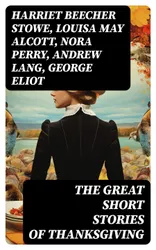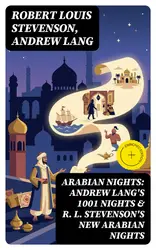The theory that Francis Bacon was, in the main, the author of "Shakespeare's plays," has now been for fifty years before the learned world. Its advocates have met with less support than they had reason to expect. Their methods, their logic, and their hypotheses closely resemble those applied by many British and foreign scholars to Homer; and by critics of the very Highest School to Holy Writ. Yet the Baconian theory is universally rejected in England by the professors and historians of English literature; and generally by students who have no profession save that of Letters. The Baconians, however, do not lack the countenance and assistance of highly distinguished persons, whose names are famous where those of mere men of letters are unknown; and in circles where the title of "Professor" is not duly respected.
Contents:
Introduction
Chapter I: The Baconian And Anti-Willian Positions
Chapter Ii: The "Silence" About Shakespeare
Chapter Iii: That Impossible He - The Schooling Of Shakespeare
Chapter Iv: Mr. Collins On Shakespeare's Learning
Chapter V: Shakespeare, Genius, And Society
Chapter Vi: The Courtly Plays: "Love's Labour's Lost"
Chapter Vii: Contemporary Recognition Of Will As Author
Chapter Viii: "The Silence Of Philip Henslowe"
Chapter Ix: The Later Life Of Shakespeare - His Monument And Portraits
Chapter X: "The Traditional Shakspere"
Chapter Xi: The First Folio
Chapter Xii: Ben Jonson And Shakespeare
Chapter Xiii: The Preoccupations Of Bacon
Appendices
Appendix I: "Troilus And Cressida"
Appendix Ii - Chettle's Supposed Allusion To Will Shakspere
This book is annotated with a rare extensive biographical sketch of the author, Andrew Lang, written by Sir Edmund Gosse, CB, a contemporary poet and writer.












